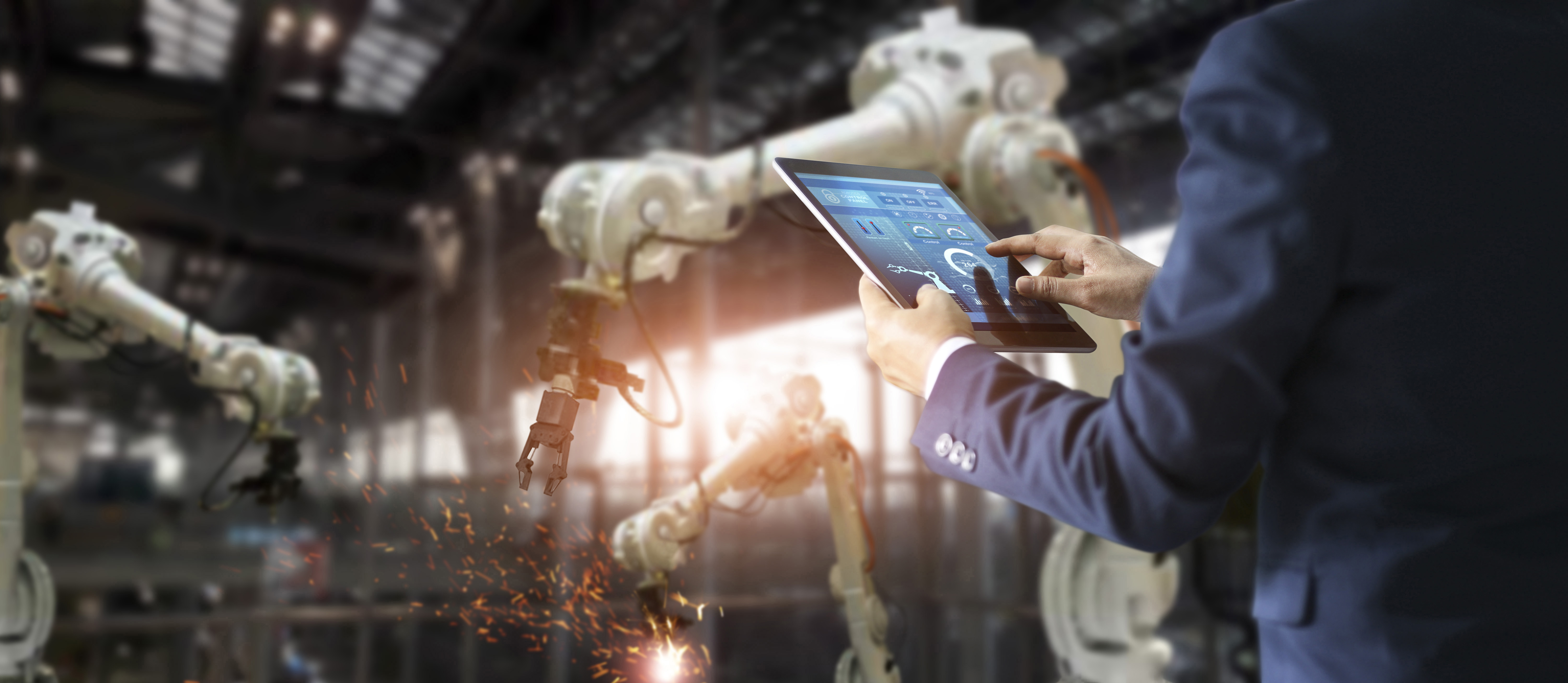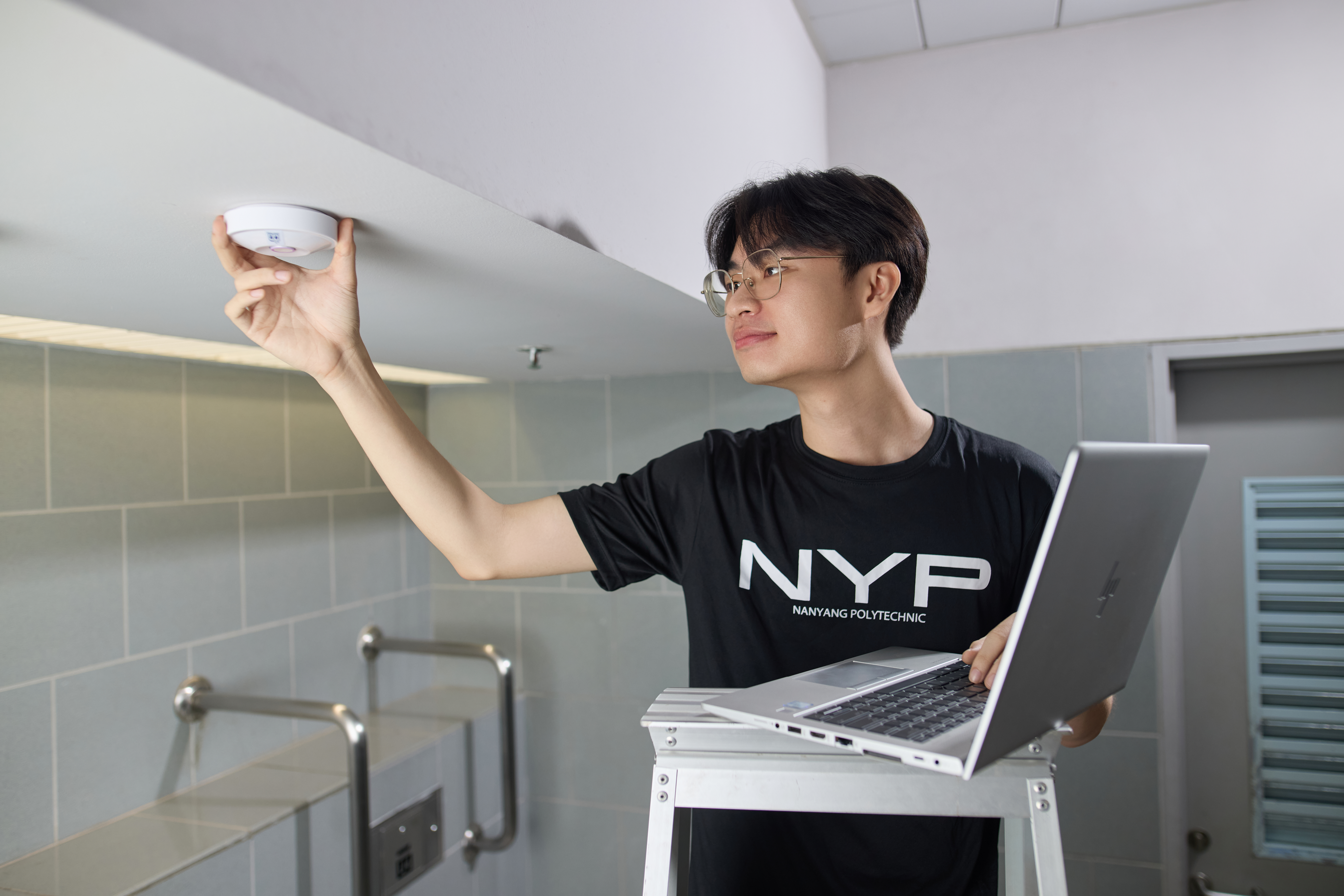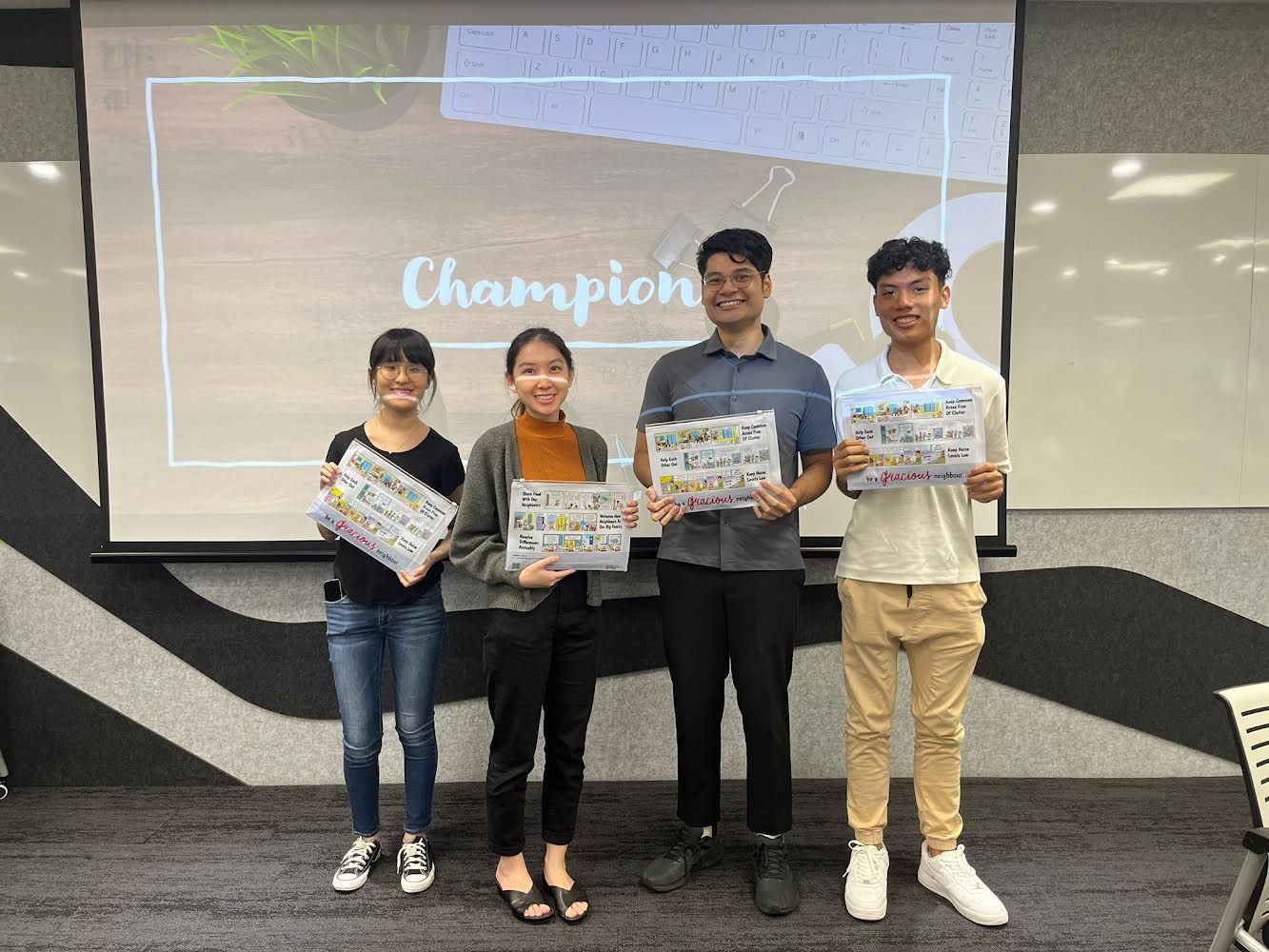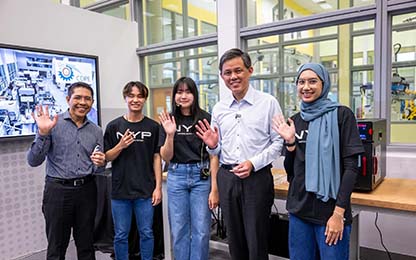Three Reasons to Choose Sustainability in Engineering with Business
Recognising the critical role of young people in shaping our future, our Diploma in Engineering with Business now integrates Sustainability to empower them as informed decision-makers and catalysts for positive change in communities and the world.

Graduates from this programme will become professionals who can guide their prospective employers to incorporate a full spectrum of sustainability practices within their company, whether through data analysis, project implementation, or even sustainability reporting.
1. Master Engineering, Business, and IT — to build a better future
Engineering: Learn all about sustainable product development, which covers conceptualisation, designing, prototyping to mass production. Discover how we incorporate green practices at every stage to maximise resources, minimise cost, and create innovative products with a lower environmental impact. For example:
- Material focus: Investigate environmentally-friendly materials like bamboo for furniture construction.
- Design and prototyping: Experiment with different table designs while considering the environmental impact of the process.
- Waste reduction: Find ways to repurpose leftover materials, such as creating coasters from table production waste.
- Life cycle analysis: Assess the overall carbon footprint of the table, from material sourcing to production and potential recycling or reuse.

IKEA's VOXLOV table, made of bamboo, is a very good example of how we can pioneer engineering efforts to maximise resources that are naturally sustainable. Photo Credit: IKEA TW
Business: Discover and create new business ventures that are good for the environment. From supply chain management to management strategy, you'll drive entrepreneurship from business planning to marketing your products, developing smart business acumen while gaining analytical skills to improve your work.
- Learn to turn waste into new materials using material recovery and recycling technology to create recycled materials. Maximise these renewed materials without depleting the earth.
- Come up with new business ideas, build your team, and foster collaborations. Acquire resources without harming the environment, and make sure that products can be reused or recycled at the end of their life.
- Review how your product and business model affect the environment from start to finish. Target to meet all the green rules!

Why buy a new planner every year, when all you need is to use a damp cloth to wipe off the ink? Rocketbook Fusion even provides online space to store your notes, so that we save trees. Photo credit: Rocketbook Fusion.
Information Technology (IT): Dive into new technology like the Internet of Things (IoT) to make businesses and engineering way better! With smart devices, you can leverage the power of technology to smartly scale up your efforts to high levels smartly, while saving resources and improving the ways we work.
- Imagine using IoT to track where everything is, from raw materials to finished products. This helps cut down on waste, save money, and even reduce pollution.
- Sensors can check things like temperature and location, so you know if something's wrong. It's like playing a video game where you fix problems before they happen.
- Foster collaboration and streamline operations for companies, supporting their goals beyond environmental support. Why not explore how you can support communities too?

Equipped with technical knowledge, you can cut across multiple engineering sectors and adapt to ever-changing circumstances.
2. Learn from the best in the sustainability field
Together with experts from the Alliance for Sustainability Innovation and our specialist centres, you get opportunities to develop ideas and deploy solutions to help companies create a more sustainable environment. For instance,
- With motion sensors that turn off lights and air conditioning in unoccupied office spaces, companies save on electricity bills and reduce unnecessary energy.
- Learn how to integrate multiple systems and devices, so that you can collect and analyse data on the effectiveness of infrastructures like the national adoption of electric vehicles.

Our staff and students devised a smart system to monitor bathroom usage and inventory in real-time. From footfall to toilet paper volume, you can strategically affix sensors without drilling or rewiring. Imagine the possibility of installing in Singapore's shopping malls!
3. Create real-world impact beyond your diploma, pre- and post-graduation
Our students get to work on real-world projects and guide companies on their journey towards incorporating solutions, to support their business operations for a greener economy.
While interning at Housing Development Board (HDB), Nur Hijran Bin Norsharizam (Class of 2024) developed analytical methodologies to understand if the implementation of cool paint coating and increased greenery reduced temperatures in HDB housing estates, thereby improving living quality.
Hijram had to ensure that his findings were reliable. Besides excluding anomalies such as rainy and extremely hot days, he had to compare climate data, before-after effects of mitigation measures, and more.
Hijram shared, "My internship provided invaluable experience in data analysis, revealing the intricate connection between building design, energy efficiency, and human well-being, guiding me towards sustainable solutions."

Hijram also participated in competitions with his coursemates, winning awards and developing a strong expertise. Leveraging his extensive experience, Hijram is well-equipped to exceed expectations at his internship company.
Like Hijram – towards post-graduation, you'll be ready to develop innovative solutions and drive positive change.
- Environmental Sustainability: Become a master of resource efficiency and circular economy principles. Instead of throwing things away when you no longer need them, you can re-engineer the design and production process. You could even develop recycling technology and keep resources in use.
- Social Sustainability: Create a more equitable and inclusive world by fostering opportunities for growth and development. Address challenges related to health, well-being, and education.
- Economic Sustainability: Balance profit with purpose. Be equipped to drive economic growth while minimising environmental impact and creating shared value.

